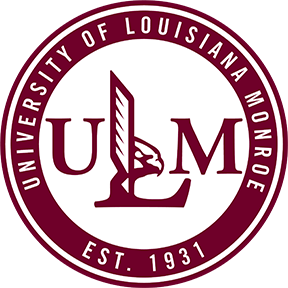Abstract
Abstract
Purpose: Many U.S. adults are called upon to fulfill civic responsibilities through jury duty. Jury participation is a responsibility, but it is also a privilege that ensures the balance of power between government and citizens. Problems arise when jury instructions are presented using complex language that challenges the comprehension of laypersons with and without language and literacy differences, negatively influencing the juror’s participation experience and trial outcomes. In spite of plain language mandates and clear findings regarding the average literacy abilities of U.S. adults, much of the legal community persists in the use of difficult jury instructions.
Method: Academic literature from the legal, literacy and speech-language pathology disciplines was reviewed and summarized. In spite of plain language mandates and clear findings regarding the average literacy abilities of U.S. adults, much of the legal community persists in the use of difficult jury instructions.
Results: The current work proposes that school-based SLPs consider providing authentic experiences with courtroom discourses and literacies. SLPs should consider pursuing collaborative consultation relationships with the legal community, with the possibility of providing training. Advocacy should also include encouraging the legal community to apply Universal Design for Learning (UDL) principles.
Conclusions: SLPs have an opportunity to contribute to society by assisting in the improvement of the process by which jurors are instructed.
Keywords: Language, Literacy, Disciplinary Literacy, Jury Instructions, Advocacy
Recommended Citation
Stiegler, L. N., & Parker, R. L. (2024). How Speech-Language Pathologists Can Collaborate With a Well-Meaning Judiciary to Improve Jury Instructions. Journal of Interprofessional Practice and Collaboration, 5(1). Retrieved from https://repository.ulm.edu/ojihp/vol5/iss1/2
Included in
Courts Commons, Language and Literacy Education Commons, Legal Writing and Research Commons, Speech Pathology and Audiology Commons


